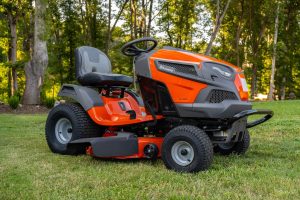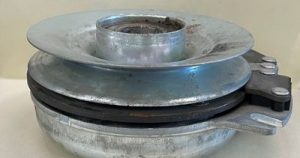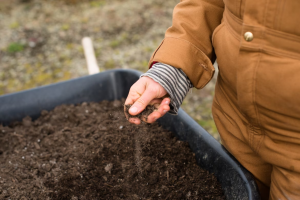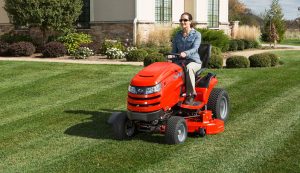Want to Know How Long Can Grass Seed Go Without Water
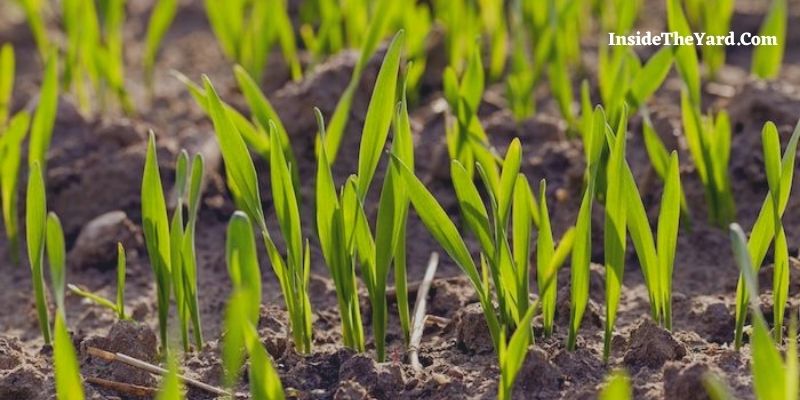
Gardening is fun but also tricky. It takes a lot of work, and you need to figure out your plants. You can’t just throw seeds in the lawn and expect a garden. In this article, we will discuss how long can grass seed go without water.
Watering schedules depend on the conditions of the region. A drought condition will likely increase the watering schedules to 3 to 4 times per day.
Here we will discuss all of these aspects.
Table of Contents
How Long Can Grass Seed Go without Water?
If the grass is not sprouted, that means the grass can go up to six weeks generally without water. It is vital to water the seed round the clock when it is at its germination period. It is recommended that the seeds be watered twice a day during the germination period. However, the grass will go dormant after two to three weeks.
The germination period is quite crucial for the grass. The grass is at its weakest point in the germination period. At this period, the root tendrils emerge, which requires moisture.
The water absorption makes sure the rehydration and expansion of cells occur. They start taking the nutrients in. If the seed finds dry and moisture-less soil at the time of germination, then the seeds may die.
There are other factors intertwined in this, like environmental factors, soil conditions, and weather conditions. The watering needs to be scheduled in a span of a few days to several weeks, depending on the above factors.
How Often to Water Grass Seed?
At this point, we all know grass seeds need moisture to grow. The seedlings should be watered at least twice a day, with each session being at least 5 minutes. If the soil is dry, the watering sessions need to be 3 to 4 times every day. Dry soil can kill the seedlings.
They will need the soil to be moist to a depth of at least 2 inches. This ensures proper intake of nutrients and moisture and a faster growth rate. The seedlings will take root faster.
What Would Happen If I Missed a Day of Watering Grass Seed?
We know the answer to this question with all the focus on a consistent and regular watering routine. Missing a day for watering means missing two to four sessions. This is caused by underwatering of the ground.
Make sure you know if your watering sessions are consistent. Sometimes it can get more and sometimes less. If the ground or soil looks muddy, then you are pouring more water than necessary. In that case, lower the intake.
You must make sure that you are watering the seedling every day in the sprouting period. After the seeds have been sprouted, they can survive weeks, let alone days without water.
In case you are having trouble maintaining even watering sessions, you can hire gardeners or there are always sprinklers. There are built-in and attached sprinklers. They will also ensure the water is spread evenly.
Tips for Watering Sessions
To ensure faster growth, the grass seeds need a consistent environment and watering routine.
A Helpful Tutorial You May Need!
Frequently Asked Questions (FAQs)
Will grass seed die if not watered?
The new grass seeds need watering for germination. Without the right amount of moisture, they will die.
Do you have to water the grass seed immediately?
It is recommended to water the seeds right after the planting for about 5 to 10 minutes straight. It allows the soil to absorb moisture.
How long does grass seed take to grow?
Ideally, grass seeds tend to grow within 10 days. Their total growth is then expected within 6 to 8 weeks after.
How long does grass seed last?
Grass seeds last for about 2 to 3 years if stored in proper conditions. However, the results will always be better with the new seeds.
Conclusion
Grass seeds thrive on consistent management. They can go without water for a considerable time but after they have sprouted. During the sprouting time, they need adequate care and water.
So, it will be beneficial if you have the exact idea of how long can grass seed go without water.
Lucky for us, the sprouting period is about a month at maximum. A lot of them take about 5 days. Make sure to supply adequate moisture to the seed during that time.
We will end the article by answering some of the general questions. We believe you found the article helpful!
